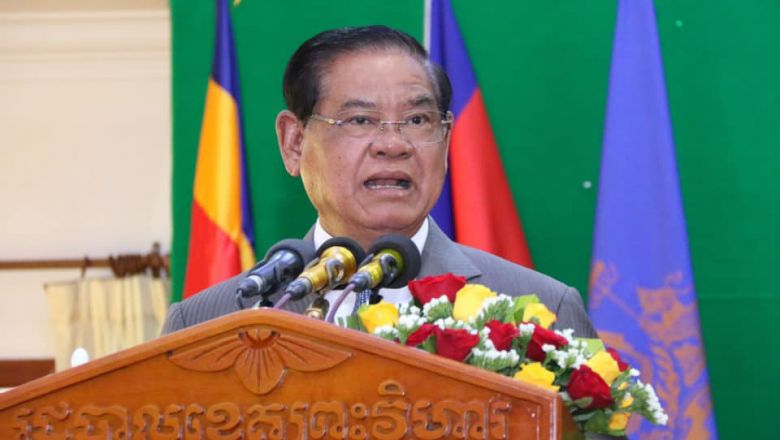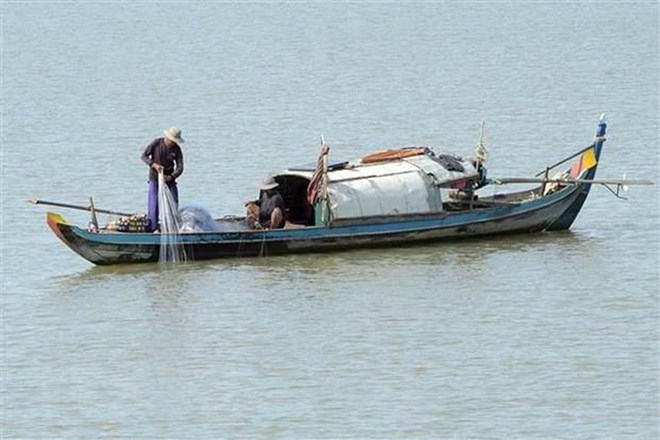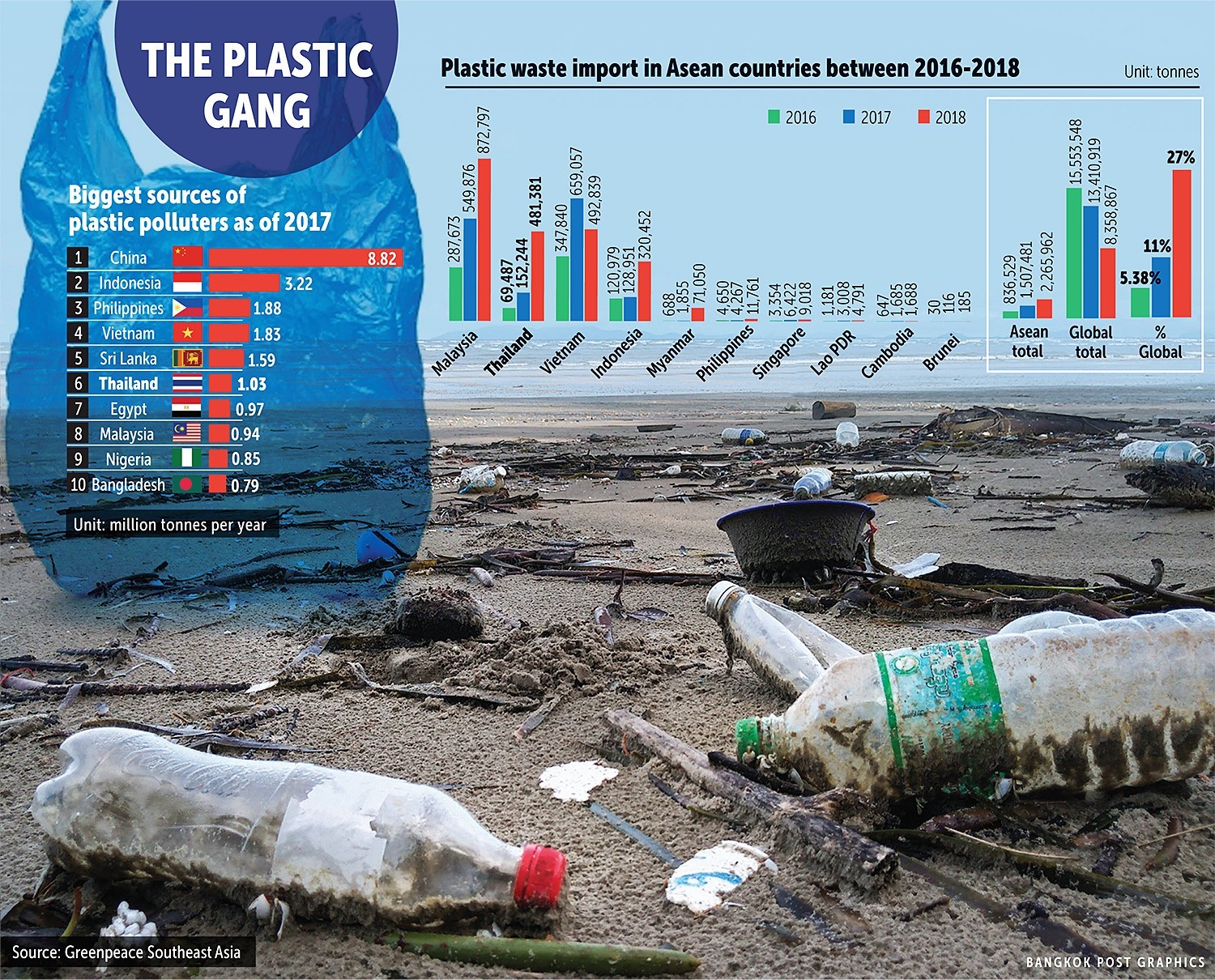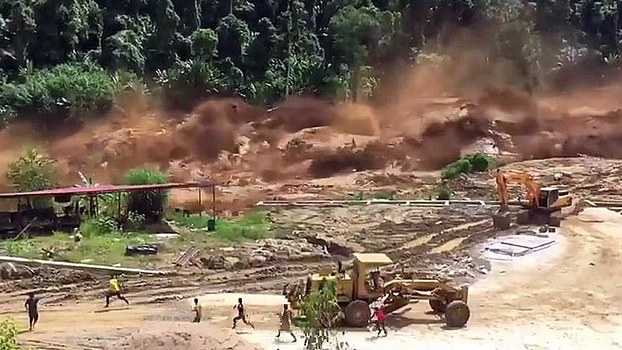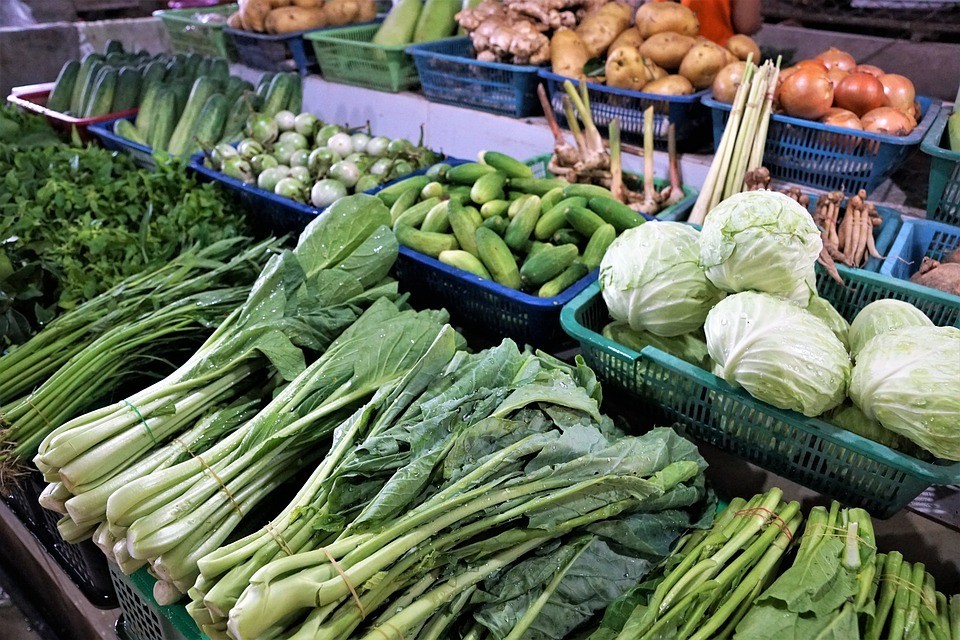The Plan targets multiple stakeholders, national and municipal officials, private sector, development agencies, non-governmental organisations and academia to embark on sustainable development for Phnom Penh.
Category: Article
Sar Kheng orders Prey Lang forest protection
It is the largest remaining woodland in mainland Southeast Asia, and that amendments to laws that protect natural resources will soon be finalised.
Xieng Khuang cracks down on illegal logging and corrupt officials
Authorities in Xieng Khuang province are investigating more officials allegedly involved in taking bribes in connection with the illegal timber trade which has caused great damage to the nation.
Conference in Hanoi to protect Mekong River
Stimson Centre, IUCN) and the US Embassy in Vietnam sponsored the event to advance smarter water energy planning approaches and renewable energy.
Curbing the waste crisis
Thailand is among countries that generate a large amount of marine garbage. About 80% of marine litter comes from land-based activities, and the rest from sea-based activities, such as fishery and tourism.
Two Years Later, 60 Families in Laos Still Waiting for Compensation for Dam Collapse
The investigation is now complete and all the information about the damages has been compiled and reported to the central committee.
Foreign Developer Proposes 7,000-Acre Project in Sittwe
Foreign developer Gold Coast KTMG Myanmar has proposed a US$38 billion “new city” project in the suburbs of Sittwe, Rakhine State’s capital.
41 percent of vegetables in Thai markets exceed contamination standards
The worst contamination was found in bok choy, kale, Thai basil, chili, cauliflower, oranges, rose apples, guava and grapes.


